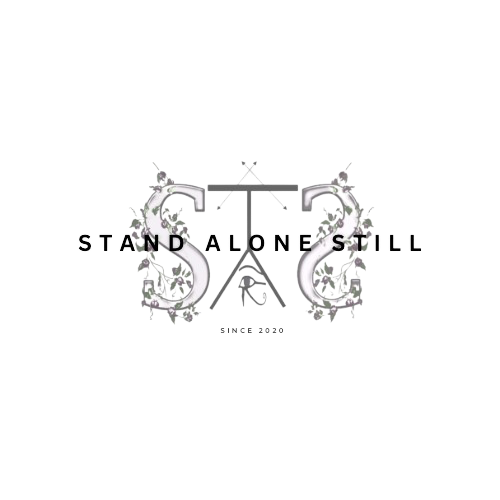When reading the Bible, you may come across the term "God's firmament." But what exactly does this mean? Let's delve into the significance of the firmament in the Bible.
What is the Firmament?
In the Book of Genesis, the firmament is described as the expanse that separates the waters below from the waters above. It is often interpreted as the sky or the heavens. This concept is mentioned in various verses throughout the Bible, emphasizing the majesty and power of God's creation.
The Firmament as a Symbol
Symbolically, the firmament represents the boundary between the earthly realm and the divine realm. It serves as a reminder of God's sovereignty over all creation and His role as the ultimate creator and sustainer of the universe.
Significance in Creation
According to the Bible, God created the firmament on the second day of creation. This act of separating the waters and establishing the firmament demonstrates God's divine order and design in the universe. It highlights the precision and purpose behind every aspect of creation.
Interpretations and Controversies
Throughout history, there have been various interpretations of the firmament, leading to debates and controversies among scholars and theologians. Some view it as a literal structure, while others see it as a metaphorical representation of God's power and authority.
Appreciating God's Creation
Regardless of the interpretation, the concept of the firmament in the Bible serves as a reminder of the beauty and complexity of God's creation. It encourages believers to marvel at the wonders of the natural world and to acknowledge the handiwork of the divine creator.
Next time you read about God's firmament in the Bible, take a moment to reflect on the significance of this concept and its profound message about the power and majesty of God's creation.
Photo by Karsten Winegeart on Unsplash

